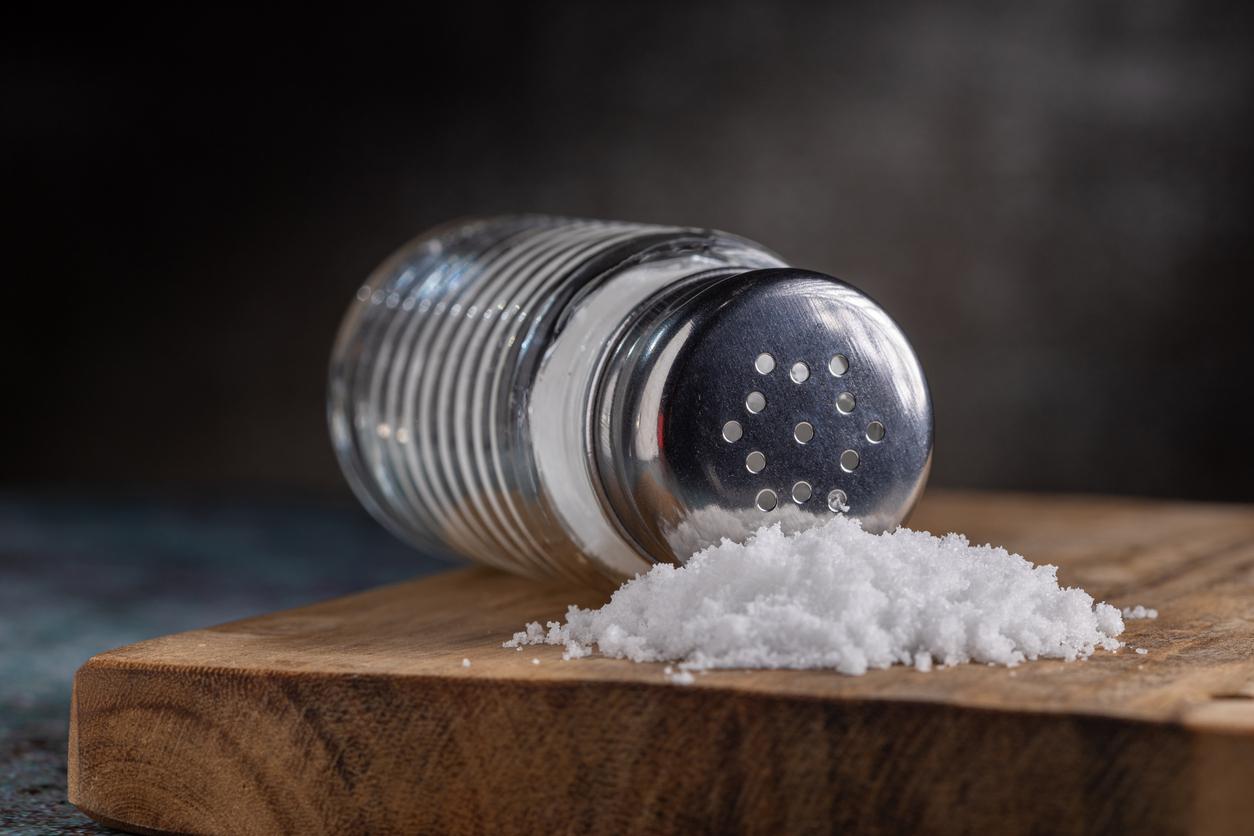THE potassium is an essential mineral that provides several vital functions in the body. Its action takes place inside the nerve and muscle cells, as well as the blood. Its chemical properties are close to those of sodium.
What is the role of potassium?
- It is essential to the good general balance (“homeostasis”) because it is the guarantor of our water content.
- It is essential to the good heart health.
- It prevents muscle contractions and the cramps.
- It also increases oxygen supply to the brain for increased alertness.
- It stimulates the functioning of kidneys as well as insulin secretion.
- It is also beneficial for women to fight against theosteoporosis and the stroke.
What foods are highest in potassium?
Foods very high in potassium (more than 350 mg per 100 g) are the raw fruits (attorney, banana, grenade), THE dried fruits (apricotbanana, date, apple, prune…), oleaginous fruits (almonds, peanuts, nuthazelnuts…), legumes (lentils, white and red beans, Chickpea, split peas…) and other foods like chocolate powder, Potato, freeze-dried coffee, ginger.
What is the daily dose of potassium?
In September 2016, the European Food Safety Authority (EFSA) reassessed the potassium reference value to 3,500mg per day for adults, instead of 2000 mg. In 2012, the World Health Organization (WHO) also came out in favor of a recommended intake of 3500 mg.
Good to know : A diet rich in fruits and vegetables provides adequate amounts of potassium and helps to reach the daily intakes recommended by EFSA and WHO .
Why does potassium have an influence on sodium?
Potassium acts by exerting an action opposite to that of sodium (salt). We need a lot of potassium to function well and very little sodium. But today, there sodium intake is too large compared to that of the potassium, excess of this intake is often the cause ofhigh blood pressure.
Potassium requirements are estimated between 2 and 4 g per day. They are augmented when growing and in sports people.
More your diet is salty and the more potassium you need. Potassium deficiency can lead to a large fatigueof the back paincramps, muscle discomfort, hypertension, osteoporosis, water retention, and even an increased risk of stroke.
What are the effects of having too much potassium?
Rapid passage of potassium from cells to blood can overload the kidneys and induce life-threatening hyperkalemia. Rest assured, however, increased potassium intake does not often cause hyperkalemia, because healthy kidneys are efficient at flushing out potassium supplements.
The two main causes of high potassium levels are medication (certain diuretics against arterial hypertension, digitalis in cardiac arrhythmias, etc.) andrenal failure.
Sources:

























